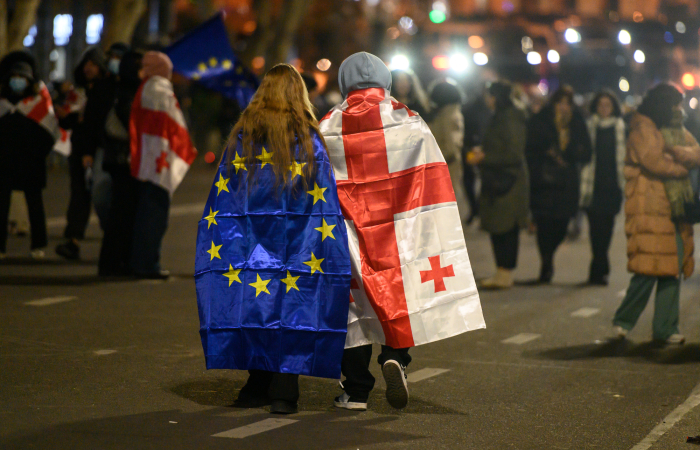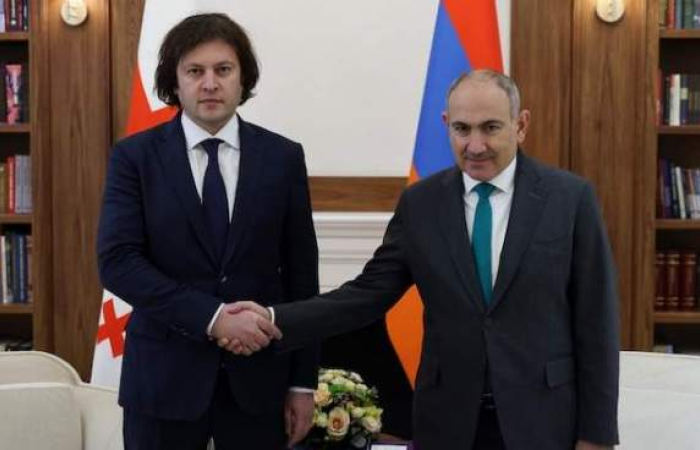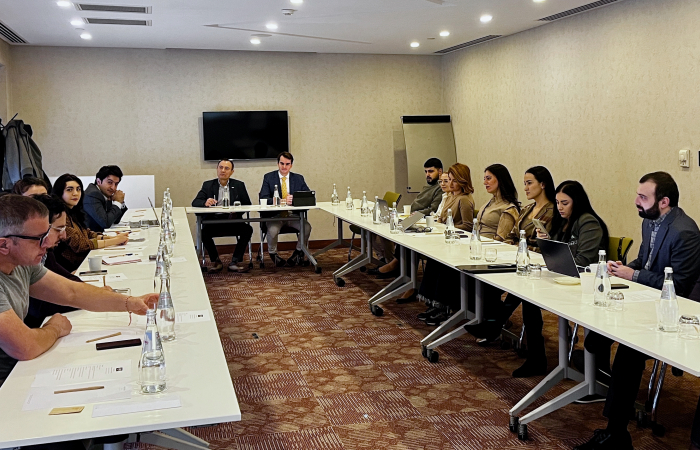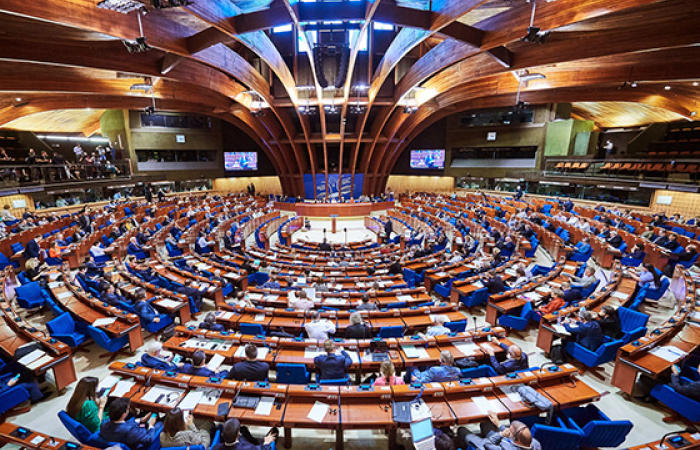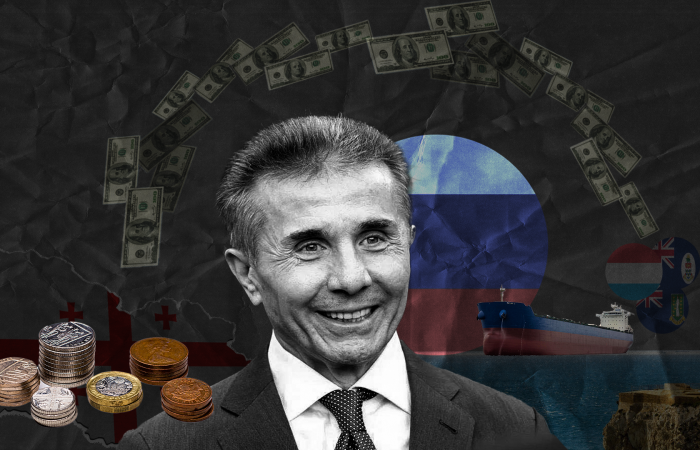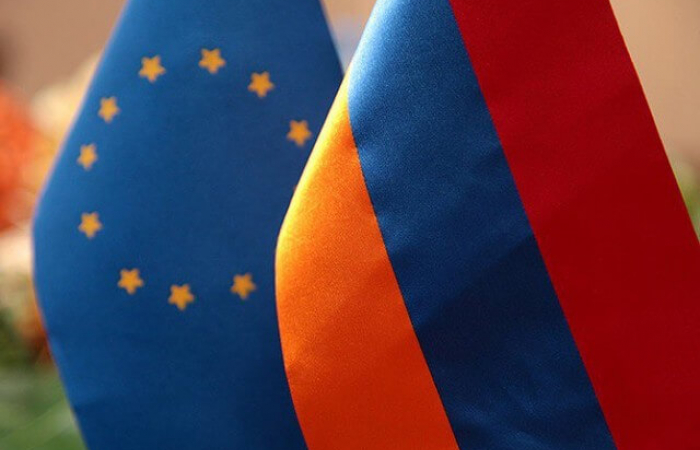Editor's choice
This is a members’ functionality. Please
Sign upNews
Trending
Armenians and Azerbaijanis discuss how to shape a dialogue best suited for today's realities as LINKS Europe kicks off new initiative
31 January 2025
LINKS Europe held its first event within the recently launched EU4Peace III programme in Tbilisi on Thursday 30 January. Armenian and Azerbaijani participants engaged in an open and constructive discussion on how to shape a dialogue best suited to today's realities. As part of the initiative, LINKS Europe will shortly launch five thematic groups: The thematic groups, with Armenian and Azerbaijani participants will discuss the following topics:
(1) Climate Change & the Green Economy;
(2) Peace & Security;
(3) Governance;
(4) Regional Connectivity;
(5) Gender and Diversity . On 2nd April, at a meeting in The Hague, LINKS Europe will launch the Armenia-Azerbaijan Expert Political Dialogue Platform. The platform is a parallel, mutually reenforcing initiative bringing together experienced Armenian and Azerbaijani experts and stakeholders. It is expected that one of the main tasks of the platform in 2025 will be to support the thematic groups, particularly in the phase of preparation of their reports.
The EU4Peace III action, supported and funded by the European Union, aims to contribute to the sustainable normalisation of relations between Armenia and Azerbaijan. By broadening the engagement of social groups, the initiative aims to link political processes to wider societal transformation.



